Step into the story…
Experience the fascinating world of Tibetan Medical historiography in this special two-hour talk, presented by Tibetan Medicine practitioner and scholar Erik Jampa Andersson. We will explore the complex tapestry of Tibetan medical history over the past 1500 years, focusing on four key periods of development ranging from the Tibetan empire to modern times, and see how this incredible system of knowledge sought to integrate medical science with the profound teachings of the Buddha through mythogenesis and historiography.
This talk will focus on the use of mythogenesis (creation of myth) as an invaluable tool for expressing profound and pragmatic truths, and the ways that powerful framing narratives can positively impact both the evolution of science and philosophical paradigms. While classical ‘western’ sciences faced immense scrutiny from religious institutions in the European ‘Dark Age,’ Tibet presents just one of many examples of how this complex relationship can be reimagined and reworked.
Learn about the following:
The profound role of mythogenesis in Tibetan history and its influence on traditional sciences.
The interdisciplinary legacy of the Tibetan imperial era, including a review of medical texts from Dunhuang and core compendiums like the Lunar King and the Yellow Book of the Biji.
The influences of Greco-Arabic, Ayurvedic, and Chinese Medicine in Tibet.
The story of Yuthok Yönten Gönpo, a Tibetan ‘Renaissance Man,’ and his codification of the Four Tantras.
The core medical histories of Tibet, including the works of Cherjé Zhangtön Zhigpo, Nyedowa Kunga Döndrup, Zurkhar Lodrö Gyelpo, and Sangye Gyatso.
Modern research in Tibetan medical history, and responses to the challenges of colonisation and global modernity.
A recording of this session will be available for later viewing for all registered participants.

